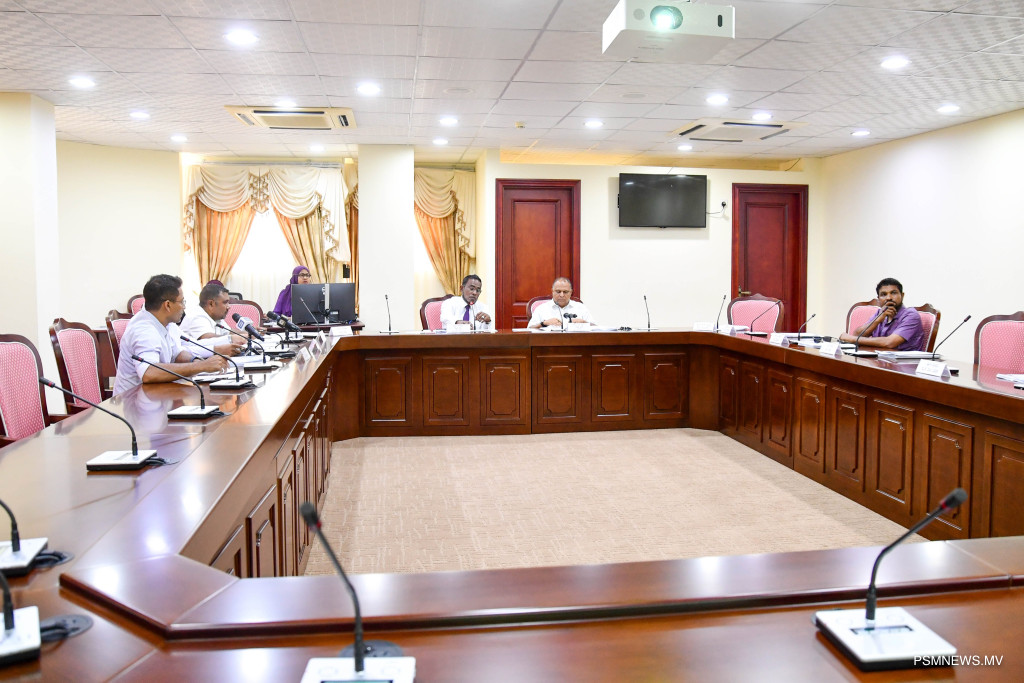
The Parliamentary Committee on Independent Institutions has unanimously approved the Public Referendum Bill, a move that represents a major advance in formalising public participation in national governance. The committee introduced three key amendments to strengthen the legal and procedural foundation for conducting referendums.
The bill was submitted by Ibrahim Falah, Member of Parliament for Inguraidhoo, and seeks to establish a statutory framework for national referendums on constitutional amendments and matters of public concern, areas that have long operated without formal regulation. Its passage through committee signals a pivotal moment in the country’s legislative efforts to codify mechanisms for direct civic engagement.
After a period of detailed study and deliberation, committee members reached full consensus on the bill’s provisions. Among the most consequential changes is a clause requiring that the Elections Commission of Maldives (ECM) be allocated the necessary funds to conduct a referendum within ten days of submitting a formal request. The committee also introduced a provision stipulating that a referendum will be considered passed only if it secures more than 50 percent of the valid votes cast.
A third amendment addresses the timing of referendums. The bill mandates a minimum interval of 45 days between the date on which Parliament passes a resolution or the President issues a decree calling for a vote, and the actual date of the referendum. This window is designed to allow adequate time for public discourse, logistical preparation, and voter awareness. In cases where the vote is confined to a specific region rather than conducted nationwide, the ECM is granted discretion to shorten the timeline.
The last public referendum in the Maldives was held in 2007, when citizens were asked to choose between a presidential and a parliamentary system of governance. More than 95,000 voters endorsed the presidential model, while approximately 58,500 favoured a parliamentary system. That vote remains a defining moment in the nation’s democratic history.
